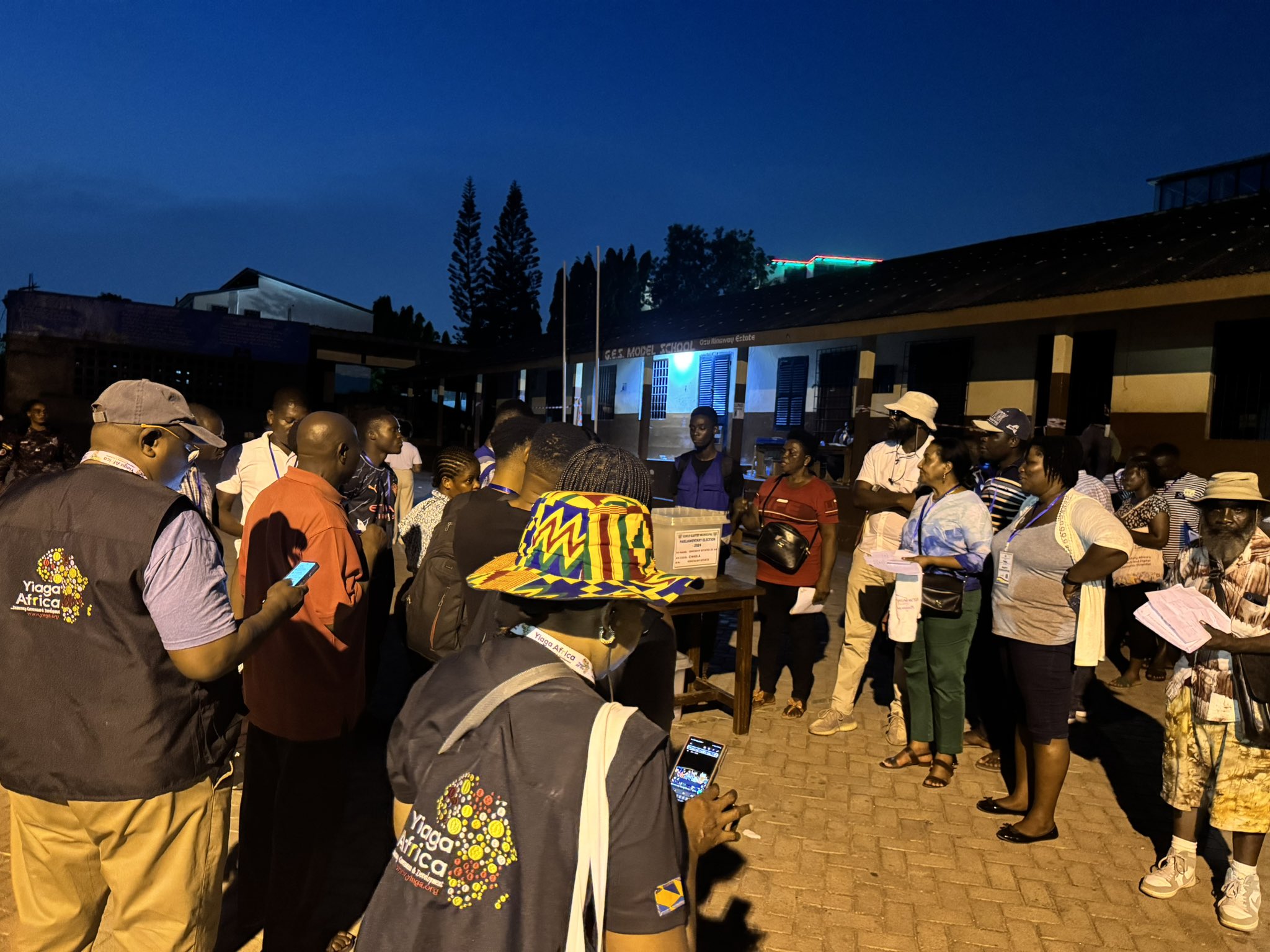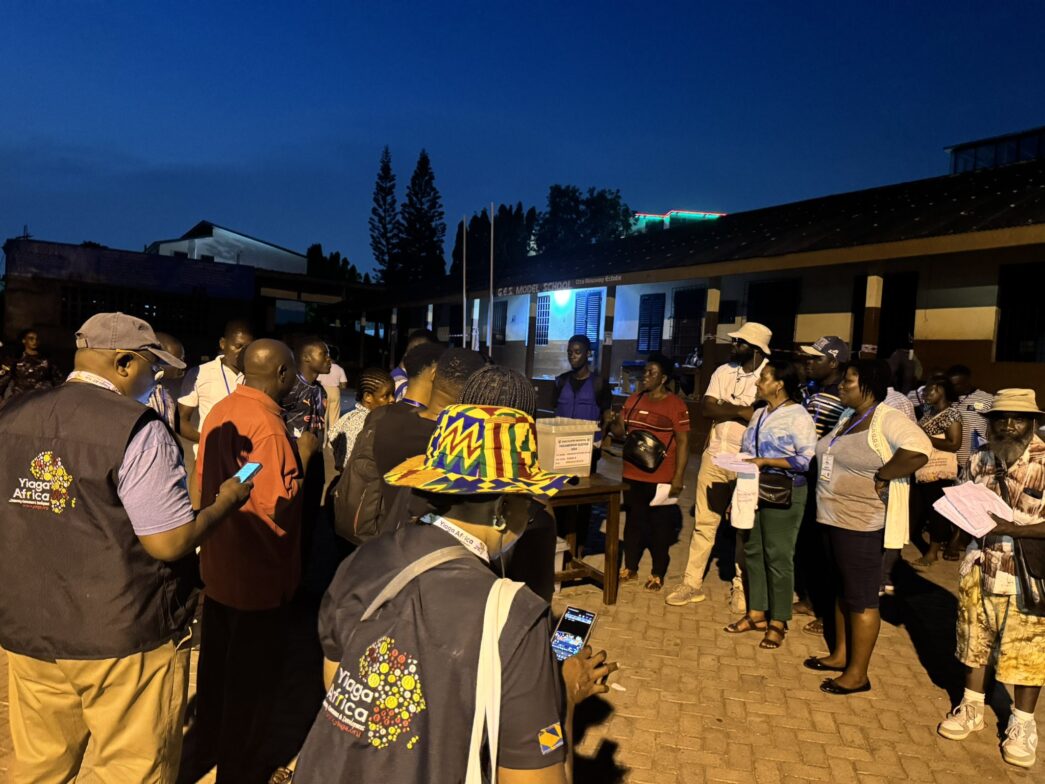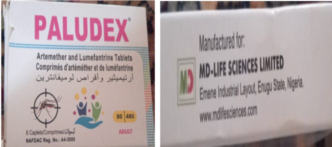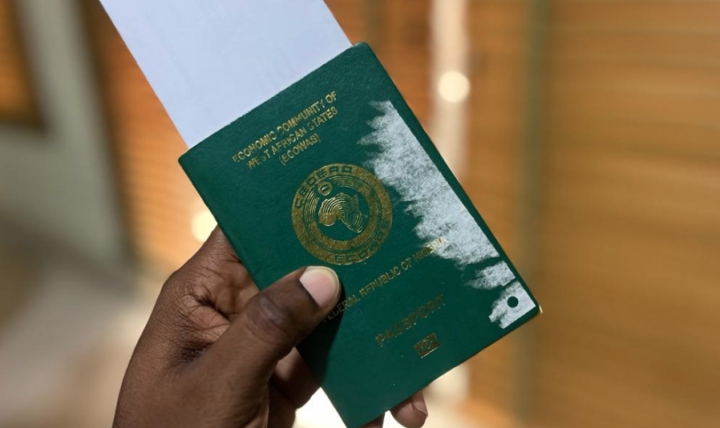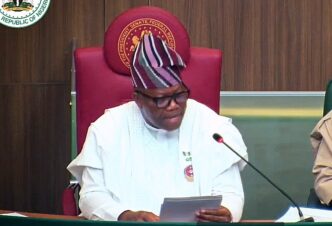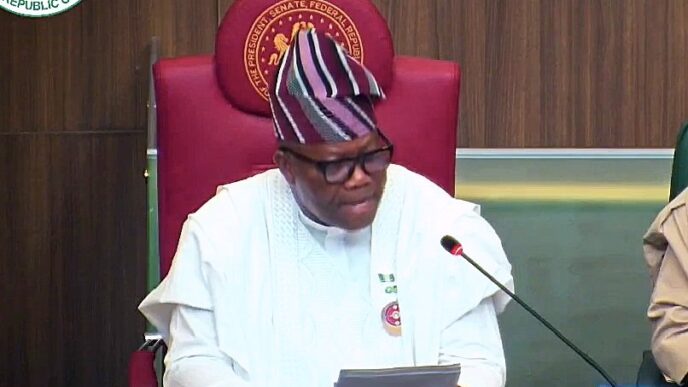YIAGA election observers during Ghana general election
Yiaga Africa, a civil society organisation (CSO), says its agents observed transparency and credibility in Ghana’s just-concluded presidential and parliamentary elections.
In a statement on Tuesday, Yiaga Africa said it deployed a 12-person delegation led by Aisha Abdullahi, the African Union’s former commissioner for political affairs, to monitor the elections.
On December 7, Ghanaians went to the polls to elect a new president and parliamentarians.
Over 18.7 million registered voters participated in the elections across 40,648 polling stations in 276 constituencies of the country’s 16 regions.
Advertisement
Twelve presidential candidates, comprising 11 male and 1 female, contested the election.
Eight hundred and one parliamentary candidates contested for seats in 276 constituencies.
John Mahama, candidate of the National Democratic Congress (NDC), and Vice-President Mahamudu Bawumia of the ruling New Patriotic Party (NPP), were the major contenders in the presidential election.
Advertisement
Mahama defeated Bawumia with 6,328,397 votes, representing 56.55 percent of the vote cast, to win the election.
Yiaga Africa said Ghana’s electoral commission demonstrated a high sense of transparency by addressing stakeholders’ concerns through the cleaning of the voter register, issuing copies to political parties, and involving party representatives in ballot printing.
The CSO noted that there were inclusive verification processes to reduce voter disenfranchisement and observed that party agents were allowed to verify transmitted results to strengthen election integrity.
Yiaga Africa recommended that election management bodies (EMBs) should include photographs and names of candidates on ballot papers to improve the quality of electoral preferences.
Advertisement
“Public trust in Ghana’s electoral commission was low before the election due to concerns over allegations of partisan appointments, weak stakeholder engagement, voter register inaccuracies, and ballot paper issues,” the statement reads.
“Despite this, the commission demonstrated resilience by addressing stakeholders’ concerns, particularly from political parties.
“Political party agents in Ghana affix their serially numbered and colour-coded seals on ballot boxes after the electoral commission’s seal, ensuring the boxes remain secure and unopened, thereby safeguarding the voting process.”
Advertisement
Add a comment
